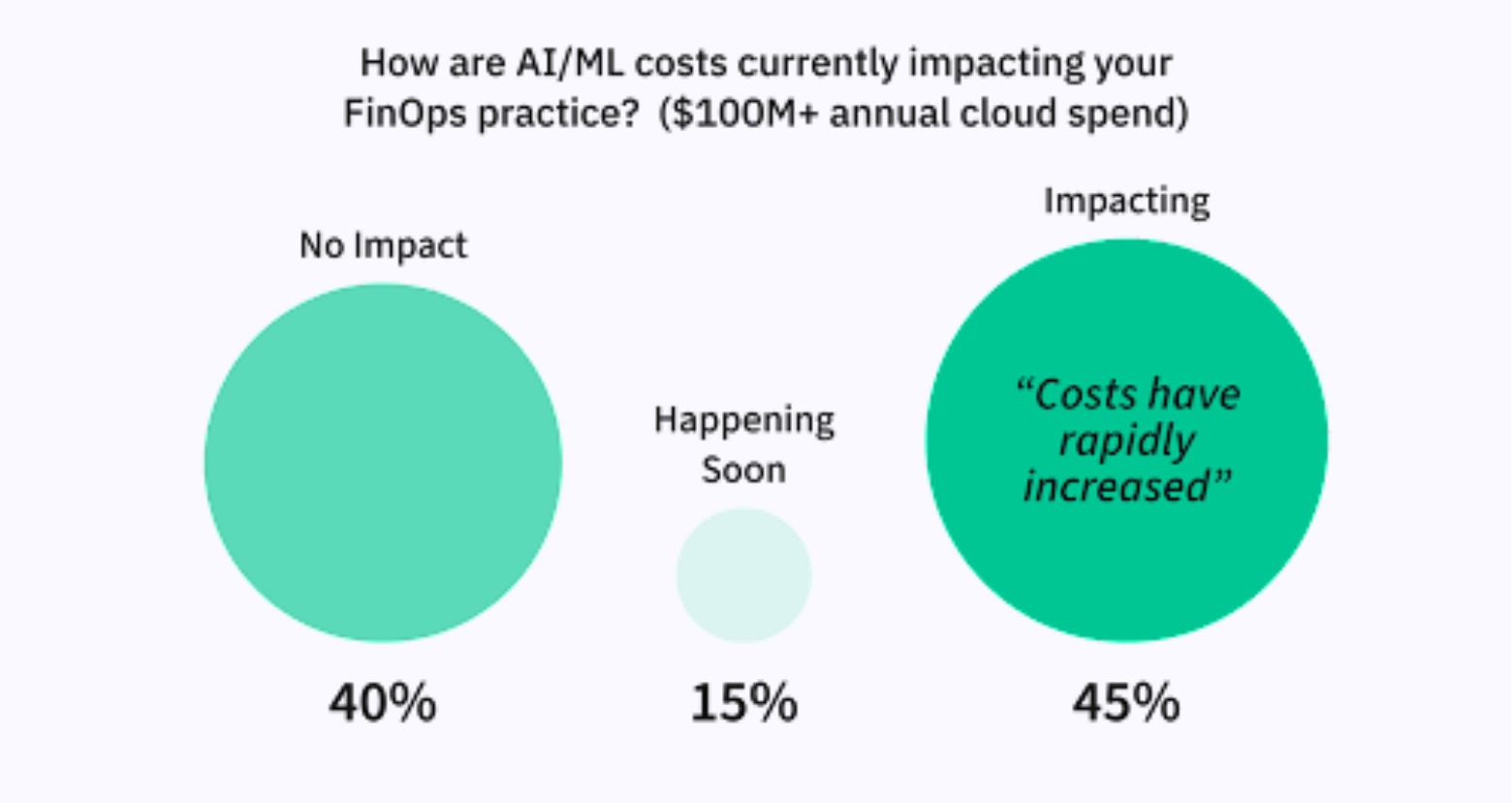ERP Deployment
You know how ERP deployment can improve processes within your supply chain, and the things to keep in mind when implementing an ERP system. But do you know if cloud-based or on-premise ERP deployment is better for your company or industry?
While cloud computing is becoming more and more popular, it is worth taking a moment to assess both options to determine what is best for you.
There are a lot of considerations when it comes to ERP deployment. Need for flexibility, security requirements, cost, and even accounting practices can influence which avenue you choose.
Here are a few things you need to keep in mind when deciding how to deploy your ERP system.
Cloud Implementation Strategies
The Cost of the Cloud
It is true that ERP in the cloud is more cost-effective to implement in the short-term. It eliminates the need to procure and maintain servers. Additionally, your cloud ERP provider will have its own team of IT technicians to ensure your system is running smoothly and your data is safe, which can save you time and money in labor costs.
But it also requires ongoing subscription costs, which can entail high annual costs and hidden fees. Be sure to calculate the true cost of the cloud solution you’re interested in before you sign off on it.
Accounting for the Cloud
Similarly, your company’s attitude towards capital investments versus expenses can have a big impact on whether cloud implementation is right for your company. CFOs who want to minimize capital expenditures will be more amenable to cloud deployment than will CFOs who prefer to make a capital investment in servers, which can be depreciated over time.
It is a good idea to ask your CFO for their perspective before committing too strongly to one method or the other, as the balance sheet may have more of an impact on your decision than you realize.
How Much Control Do You Need?
In one way, cloud ERP software is very flexible and easy to deploy, because it only requires the click of a button rather than physically installing software on physical servers.
But this flexibility comes at the cost of customizability. Because cloud solutions are shared with other companies, there is less ability to customize the software to your specific needs. Consider how much control you need over the specifics of your ERP system, and see if cloud solutions are able to accommodate those needs. Or, find a cloud-based ERP provider that does allow you the freedom to customize your solution.
Accessibility and Security
One of the great things about cloud storage is that there is no limit to the amount of data you can store. Another great feature is that your staff can access it anywhere. As long as they have a phone or computer, they have access to real-time data.
While people can at times be concerned about the security of their data when it’s in the cloud, companies providing cloud-based ERP have highly-secure networks and procedures to guarantee the security of your data. And remember, no way of storing data is foolproof; there are risks to keeping your data on your own servers, as well.
On-Premises Implementation
Negotiate a Contract That Will Work in the Long-Term
If you decide to go with on-premise implementation, be sure your hardware contract reflects the current environment, where technology and data needs rapidly escalate. It doesn’t make sense to buy a huge machine or server on a long lease, because by the end of the lease, it’s almost certain to be outdated and too slow for your company’s needs. Negotiate a contract that will be nimble and reflect the current IT state.
Think About Your Size
Large companies often err on the side of over-investing in hardware to meet their IT needs, while small and midsize companies often underestimate their IT needs and accordingly under-invest in the hardware they need.
Take a long hard look at your needs. Is it reasonable to run business reporting on the same server that handles ERP transactions, or will that set you up for performance issues?
Think about not only your ERP demands now, but also what they may be in the future. When investing in your own hardware, you need to leave room to be able to scale up in the future.
By Aaron Continelli





